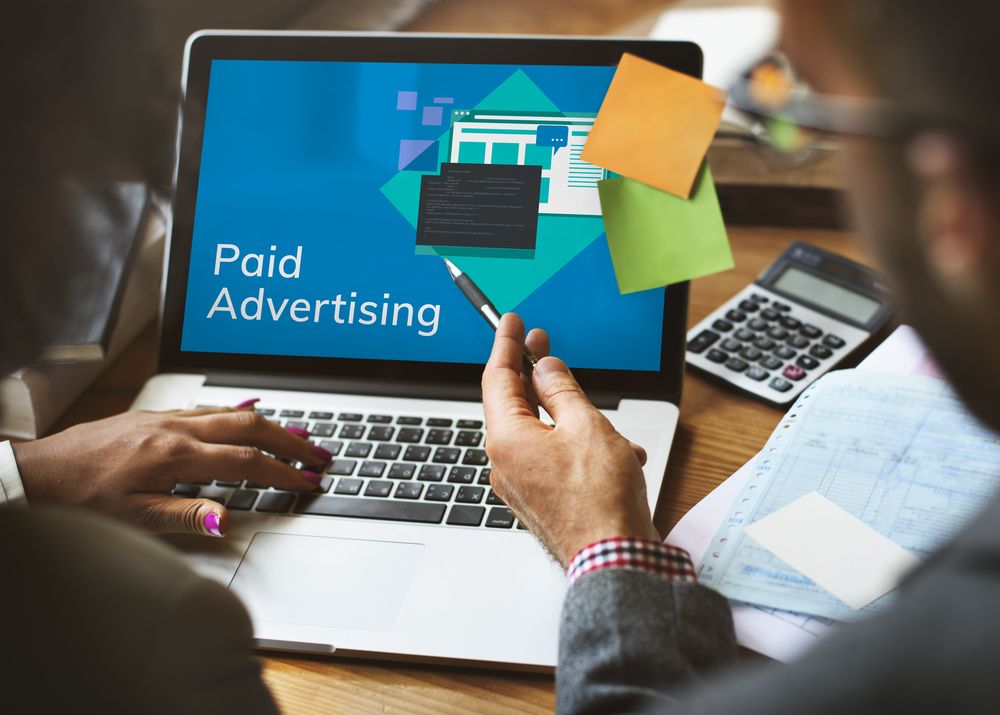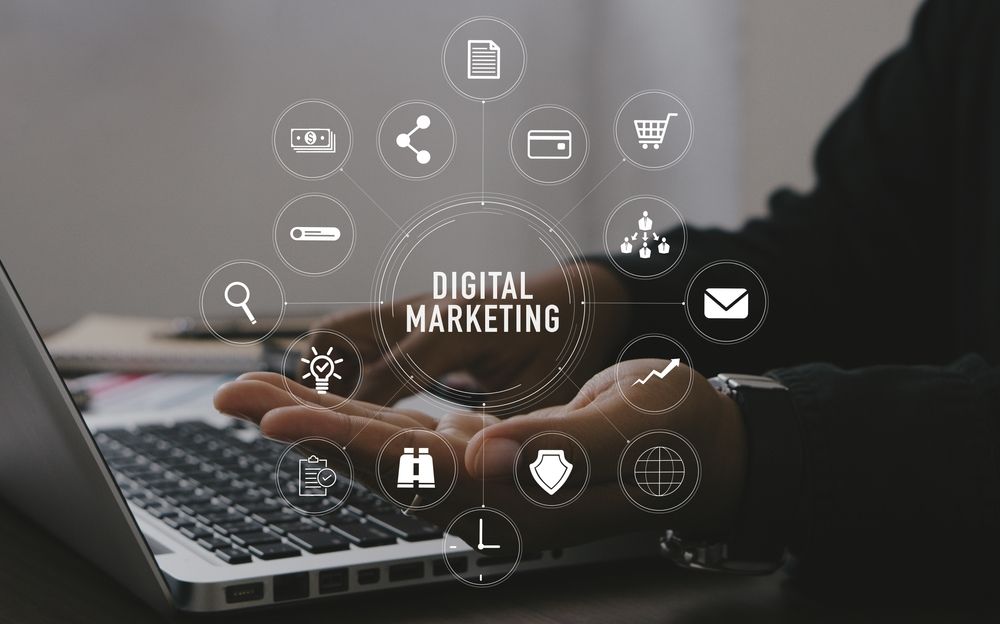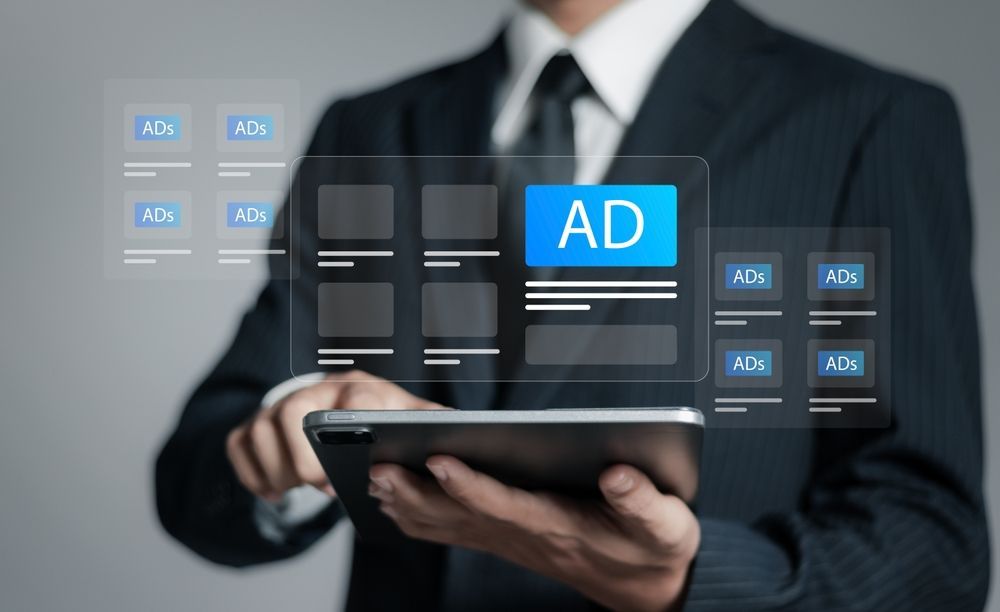By Mikenzie Melendez
•
November 3, 2025
Short-form video marketing has taken over social media, and it’s not just about dancing teens or viral trends. There’s a very real psychological reason why we can’t get enough of these bite-sized videos, and if you’re a business owner or marketer, your marketing strategy must understand why in order to reach today’s audience. Let’s break it down. What Is Short-Form Video? A short-form video is usually defined as content that lasts under 60 seconds, think TikTok, YouTube shorts, or Instagram reels. Some of these platforms allow up to 3 minutes, but most have found that the shorter the content, the better. These videos are quick and deliver fast, punchy, and most importantly, memorable content (if successful). They go straight to the point and don’t waste viewers' time with unnecessary fillers and fluff, and exactly what makes them powerful. Why? Because our brains are wired for it. The Psychology Behind Our Love for Short-Form Content There are many reasons short-form video marketing is on the rise, and one of those reasons is our decreasing ability to focus for extended periods. Dr. Gloria Mark, a psychologist and author with a PhD from Columbia University, has studied digital attention for over two decades. In 2004, Dr. Mark found that the average person could focus on one screen for about 75 seconds (1.25 minutes). But today, in 2025, it is now less than 50 seconds. This dramatic decrease is a key driver for why our preferences in content consumption have shifted. So, what does that mean for your content? It means the traditional rules of marketing, such as long-form copy , multi-minute videos, and complex funnels, are being challenged. They are not gone completely and still serve their purpose, but the audience preference is changing. However, in many cases, you now need to capture attention fast and make an impact in under a minute. That’s where short-form video thrives. Why Short-Form Video Marketing Works Short-form videos are highly effective from a marketing perspective for a few reasons: It Lets People Consume Your Content on the Go Whether we are waiting in line at the bank, on our mid-day coffee break, or waiting for the kids to be let out of school, there are a lot of convenient times to scroll. Short-form videos are designed for mobile, and this exact type of casual viewing is on the go. It Sparks Emotion and Quick Dopamine When we watch short-form content, our brains receive a quick shot of dopamine. Whether it’s humor, nostalgia, or curiosity, the best short videos hit an emotional note right away. That emotional jolt increases the likelihood of engagement, shares, and ultimately conversions. Costs Less Money and Takes Less Time Short-form videos are a smart, budget-friendly option for small brands and businesses. All you need is a smartphone, and most platforms make it easy to shoot and edit content right inside the app. This saves valuable time and cuts down on marketing costs. Gone are the days when you need to hire a videographer or a production team to create high-quality content. Attention Span is A Major Marketing Challenge With attention spans shrinking, marketers and content creators are realizing that grabbing someone’s attention is only half the battle. Keeping it is just as challenging, if not more so. You need to keep in mind that when you post a video or advertisement, you aren’t just competing against other businesses; you are also competing with cute puppy videos, news clips, influencer hauls, and every scroll-stopping distraction out there. This is exactly the reason why understanding the factors that influence audience attention span is desperately important. If you can’t capture your audience in the first 3 seconds, you’ve likely lost them. Short-form video gives you a powerful tool to grab that attention quickly, with motion, sound, visuals, and a memorable message, all compacted into a tight, targeted package. Why Small Businesses Should Jump In You might be thinking: “Is short-form video worth it for my business?” Here’s a clear answer: Yes. Short-form content isn’t just for influencers or big brands. It’s one of the most effective ways for local and small businesses to build visibility , show personality, and connect with real people. Here’s how you can use it · Show behind-the-scenes moments at your shop or studio · Share quick tips or FAQs related to your service · Highlight customer reviews in a visual way · Join trending sounds or formats with your own twist · Introducing your team to humanize your brand And a major bonus is that platforms like Instagram and TikTok actively promote Reels and short videos, giving you organic reach without spending a dime. Quick Tips for Short-Form Video Marketing Ready to hit record? Keep these tips in mind to make sure your short-form content stands out for all the right reasons · Focus on your message to hook fast – The first 3 seconds matter most. · Keep it vertically for mobile viewing. · Be authentic and keep it relevant. · Use captions or text in case people watch on mute. · Use trending sounds or challenges if they fit your brand. · Add a CTA. Tell people what to do next: follow, click, share, comment. · Stay consistent – One video won’t change your business, but a weekly series might. Need Help with Short-Form Video Strategy? You don’t need a fancy camera or a huge following to succeed with short-form content. You just need a message, a bit of creativity, and the courage to hit post. And if you’re feeling overwhelmed? You don’t have to go alone. At Maine Street Marketing , we help small businesses like yours show up strategically online, from social media content to full-scale video marketing campaigns. Sources: Mills, Kim, host. “Why Our Attention Spans Are Shrinking, with Gloria Mark, PhD.” Speaking of Psychology, American Psychological Association, episode 225, APA, 2023, www.apa.org/news/podcasts/speaking-of-psychology/attention-spans . Young Entrepreneur Council. “10 Tips for Making Even Better Short‑Form Videos for Your Business.” Forbes, 19 Oct. 2023.














